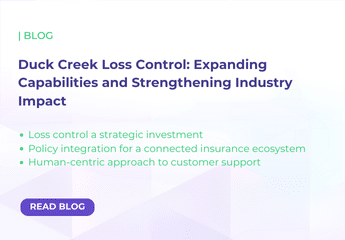Saxon serves the Cayman Islands community, which is comprised of approximately 50,000 inhabitants. While the carrier had contemplated becoming a virtual business for many years, the impetus to finally make the leap came when it separated from its parent company in 2015.
Rather than attempting to upgrade its on-premises legacy core systems, Saxon decided to secure modern insurance solutions and host them in the cloud, along with their human resources, accounting, and call center software. Their decision was driven by a number of factors: the high cost of maintaining its outdated on-premises infrastructure, limited availability of talent to maintain such systems in the first place, and the knowledge that building a cutting-edge digital customer experience would be critical to growth and continued viability.
Prior to this transformative initiative, only 1% of Saxon’s new business came in through its very limited online customer portal. It was clear that the carrier’s lack of customer-friendly digital tools, coupled with inefficient legacy systems, were preventing it from achieving its goals.
In the words of Saxon CEO Brian Williams: “We took an old insurance company that had very little market share and transformed what was a creaky, very manual system and architecture into a very advanced digital platform within six months. Duck Creek was a key factor in this.”
Once the insurer’s transformation to a true virtual carrier was complete, the improvements were clear and immediate. Saxon’s core systems were vastly more stable; functionality was deeper, broader and more sophisticated, and upgrades were easy. As a result, the speed at which the carrier could grow increased exponentially.
Want to learn more? Read about Saxon, the success of its digital transformation initiative, and the quantifiable results they have enjoyed in this case study.




